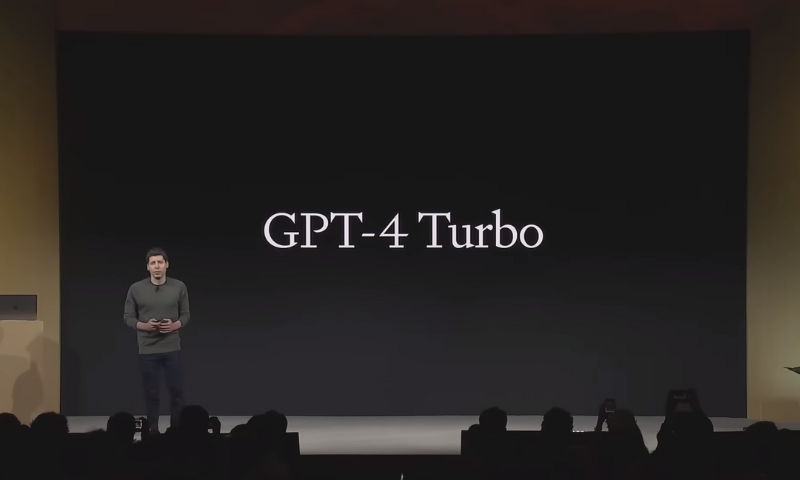OpenAI’s latest upgrade to its GPT-4 Turbo model, a key component of the ChatGPT conversational AI, is designed to enable more natural and direct responses. However, this enhancement could exacerbate the ongoing challenge of differentiating AI-generated content from human-written articles.
The updated “gpt-4-turbo-2024-04-09” model, now available to premium ChatGPT Plus, Team, and Enterprise subscribers, boasts improvements in writing, math, logic, and coding capabilities. OpenAI claims the model’s responses will be “more direct, less verbose, and use more conversational language.”
This move comes amid concerns raised by influential figures like Y Combinator co-founder Paul Graham, who recently speculated that an email containing the word “delve” was likely written with the assistance of AI. However, many Africans, particularly Nigerians, argued that the word is commonly used in their everyday conversations, highlighting the diverse usage of the English language globally.
Graham’s observation suggests that writers who speak English as a second language could face challenges in the future, as their work may be perceived as too similar to AI-generated content, potentially jeopardizing their job prospects.
The GPT-4 Turbo update follows the recent launch of new OpenAI API models, including GPT-4 Turbo with Vision, which incorporates image understanding capabilities. The company has also eliminated the requirement for users to create an account to access its widely used ChatGPT-3.5 tool, making it more accessible while limiting the ability to store previous interactions.
As the capabilities of conversational AI continue to advance, the ongoing debate around the authenticity of written content and its impact on various industries, particularly in the creative and professional realms, remains a critical consideration for both developers and users alike.





